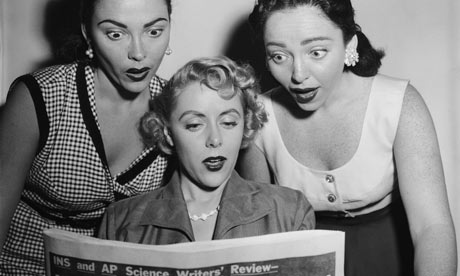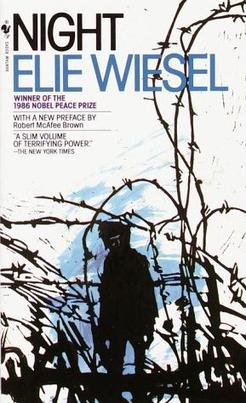Odaantaje's 'Coming Through Slaughter' explores the last bits of composure in Buddy Bolden's life. Bolden is described as a busy, passionate musician who also cuts hair as a day job. He 'works with the vanity of others' at the barbershop, contributing to the self-confidence of everyone else who stops to get a shave or get trimmed. (47)
Bolden's dementia can be attributed in part, to his job as a hair cutter. Clearly, this wasn't a job he enjoyed as he details the 'tin bladed fan, turning like a giant knife all day above my head' acknowledging the fact that he doesn't feel comfortable under a revolving blade over him, but who would? This leads to the deduction that his workplace isn't somewhere Buddy feels safe. In the next paragraph, he narrates how the hair he cuts sticks to him all over his body: 'I blow my nose every hour and get the hair-flecks out of it. I cough them up first thing in the morning. I spit out the black fragments onto the pavement as I walk home with Nora from work. I find pieces all over my clothes even in my underwear. I go through the evenings with the smell of shaving soap up to my elbows. It is there in my fingers as I play.' (47) Obviously, Buddy can't get away from this monster that the hair has evolved into. It's everywhere he goes and one can tell he is very intent on getting away from this beast by spitting it on the ground or blowing it out his nose.
But why is Buddy so strained about the hair? Well, it definitely has to do with what he has associated with. As he rubs his skin trying to rid it of the hair, 'the layers of soap all day long have made another skin over' him. Basically, in the process of getting rid of this monster he has created another self that lies over his skin, a barrier or an impediment or protection towards the beast. Buddy then describes 'how he can manipulate their looks' meaning he can play around with the way his clients will project themselves in society, the image they will portray of themselves for sometime. Supposing this intimidates Buddy a little, it also gives him much power over his clients whom he sees watching 'their own faces for the twenty minutes they sit below' him as 'they laugh nervously'. (48) Bolden even acknowledges his power over their lives: 'This is the power I live in. ...They trust me with the cold razor at the vein under thier ears. They trust me with liquid soap cupped into my palms as I pass by their eyes and massage it into their hair. Dreams of the neck.' (48) This last bit causes one to shiver as Buddy impersonates (at least seems to) a slaughterer with his descriptions of how his clients are so vulnerable as he does his job.
By the end of this passage, Bolden's frustration becomes clear. Although it seems as he took pleasure in watching his clients become so fragile, it also seems as though he resents them and being used as a tool for vanity. The role of vanity becomes more present as he sees the men 'stumbling with no more sight to the door and feeling even through their pain the waves of heat as they go through the door into the real climate of Liberty and First, leaving this ice, wallpaper, and sweet smell and gracious conversation, mirrors, my slavery here.' (48) Again, Buddy is alienating himself from the rest of the world by referring to his workplace as ice. Also, the things he describes such as the mirrors and the wallpaper represent a flase sense of vanity and beauty. The wallpaper hides the wall behind it as people hide themselves under what they wish others to see, and the mirrors reflect the lies that everyone lives caused by vanity and quest for beauty.
This last narration, as it becomes erratic and starts to lose it meaning indicates Buddy's frustration and anger towards the vanity he encourages by cutting his client's hair.











